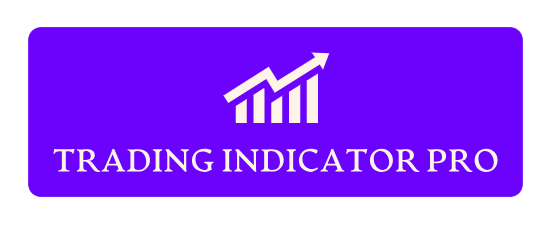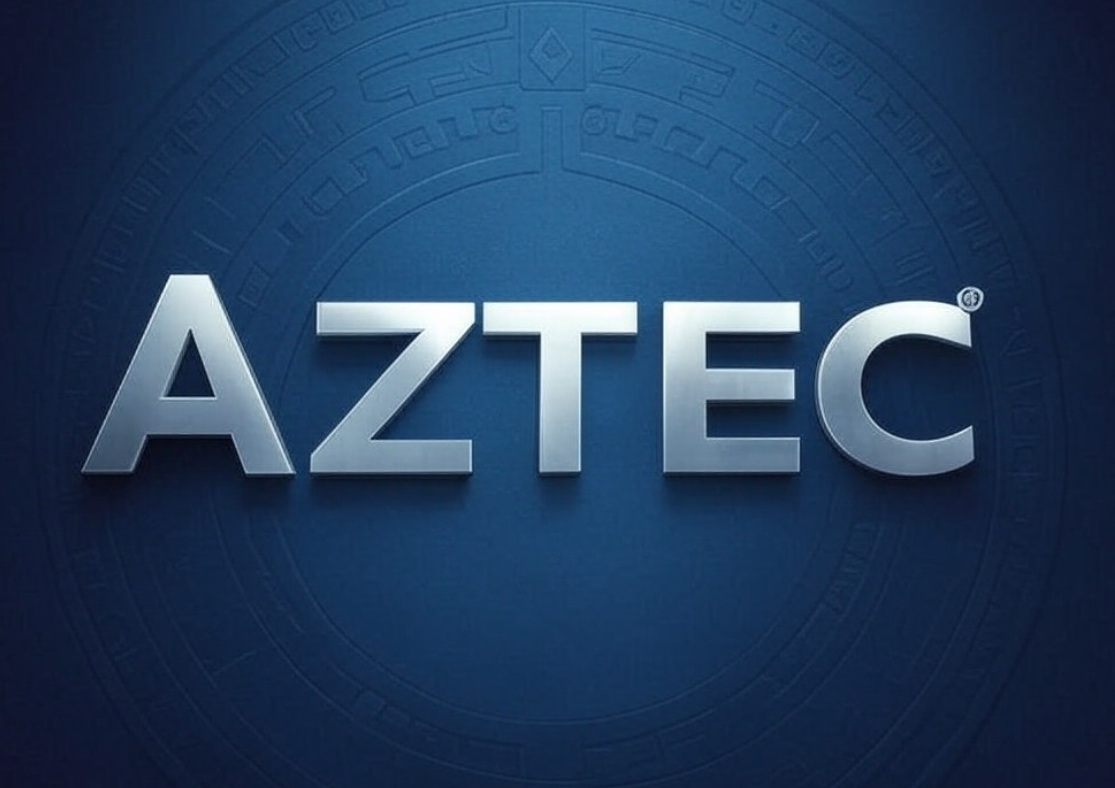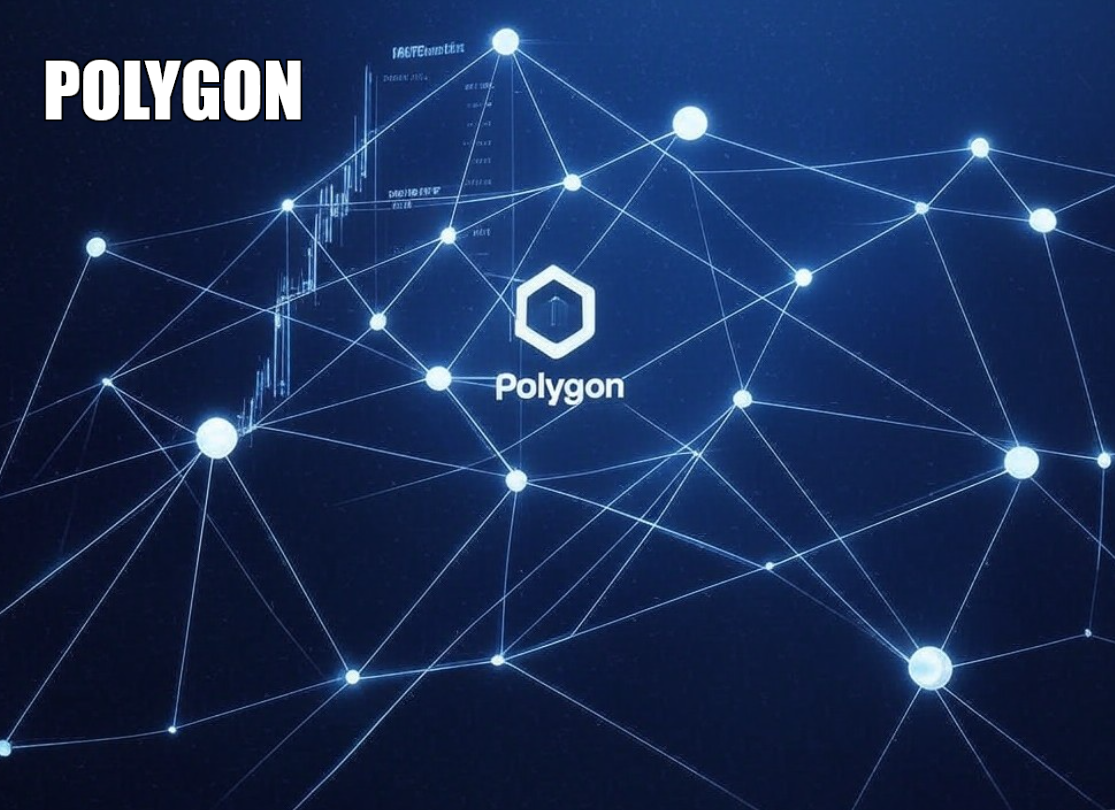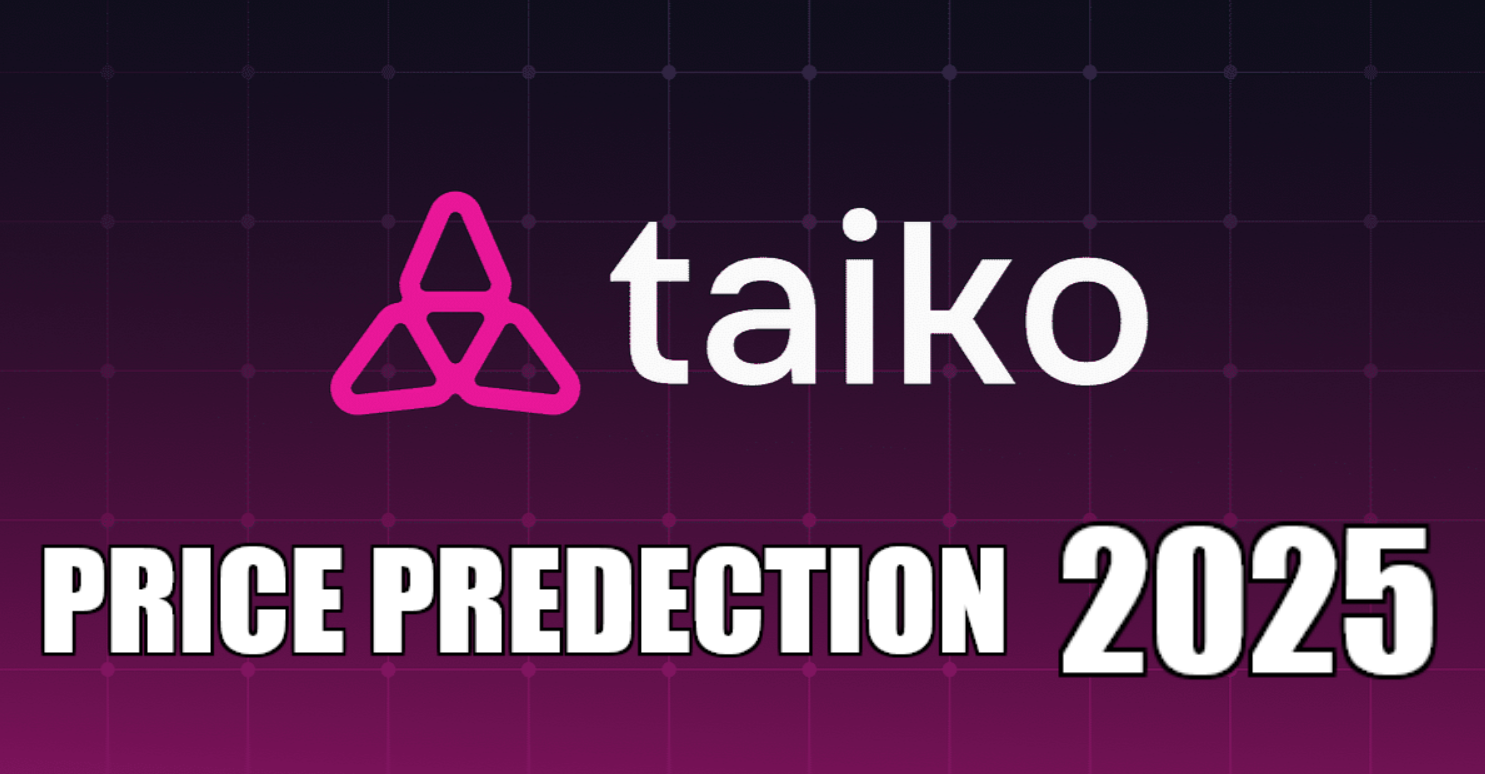The Future of Blockchain Privacy with Aztec (AZTEC) in 2025.
Explore the transformative potential of Aztec (AZTEC) in 2025. This blog delves into how Aztec’s innovative approach to privacy and scalability could redefine blockchain technology, providing insights into its impact on Ethereum and the broader crypto ecosystem.
AI TRADING SIGNALS SOFTWARE
LINK-https://tradingindicatorpro.com
WATCH VIDEO TUTORIAL
LINK-https://youtu.be/F96qBjBNeG0?si=vperuAD6P12ueRP9
-
Enhanced Privacy: Aztec aims to make private transactions the norm rather than the exception. Users can expect transactions where no one but the involved parties knows the details, enhancing security and trust in DeFi applications.
-
Scalability Solutions: Aztec is not just about privacy; it’s also about scaling Ethereum. By moving computation off-chain and only posting proofs on-chain, Aztec could dramatically reduce transaction fees and network congestion.
-
Interoperability: By 2025, Aztec might offer seamless integration with other blockchain networks, making private transactions across different ecosystems possible without compromising on privacy or security.
-
DeFi Expansion: With privacy becoming a non-negotiable aspect for many users, DeFi platforms might increasingly turn to Aztec to offer private transactions, thereby attracting a new wave of users concerned about anonymity.
-
Institutional Interest: As regulations around privacy and data protection tighten, institutions might look towards solutions like Aztec for compliance and competitive advantage in blockchain offerings.
-
Token Utility: The AZTEC token could see increased utility as it’s used for transaction fees, governance, and possibly staking within the Aztec ecosystem, potentially driving up its value.
-
zkEVM: Aztec is working on a zero-knowledge Ethereum Virtual Machine (zkEVM), which by 2025 could allow for smart contracts to execute privately, opening new avenues for dApp development.
-
Layer 2 Synergy: Aztec’s integration with other Layer 2 solutions could provide users with a choice between privacy, speed, and cost, depending on their needs.
-
User Experience: Improving the user interface and experience for dealing with private transactions could see Aztec becoming a household name in the blockchain space by making privacy accessible.
-
Regulatory Environment: The privacy aspect might draw scrutiny from regulators, requiring Aztec to navigate complex legal landscapes.
-
User Education: For widespread adoption, educating users about the benefits and mechanics of zero-knowledge proofs will be crucial.
-
Scalability vs. Privacy Trade-offs: Balancing the need for scalability with maintaining privacy might present technical challenges.





